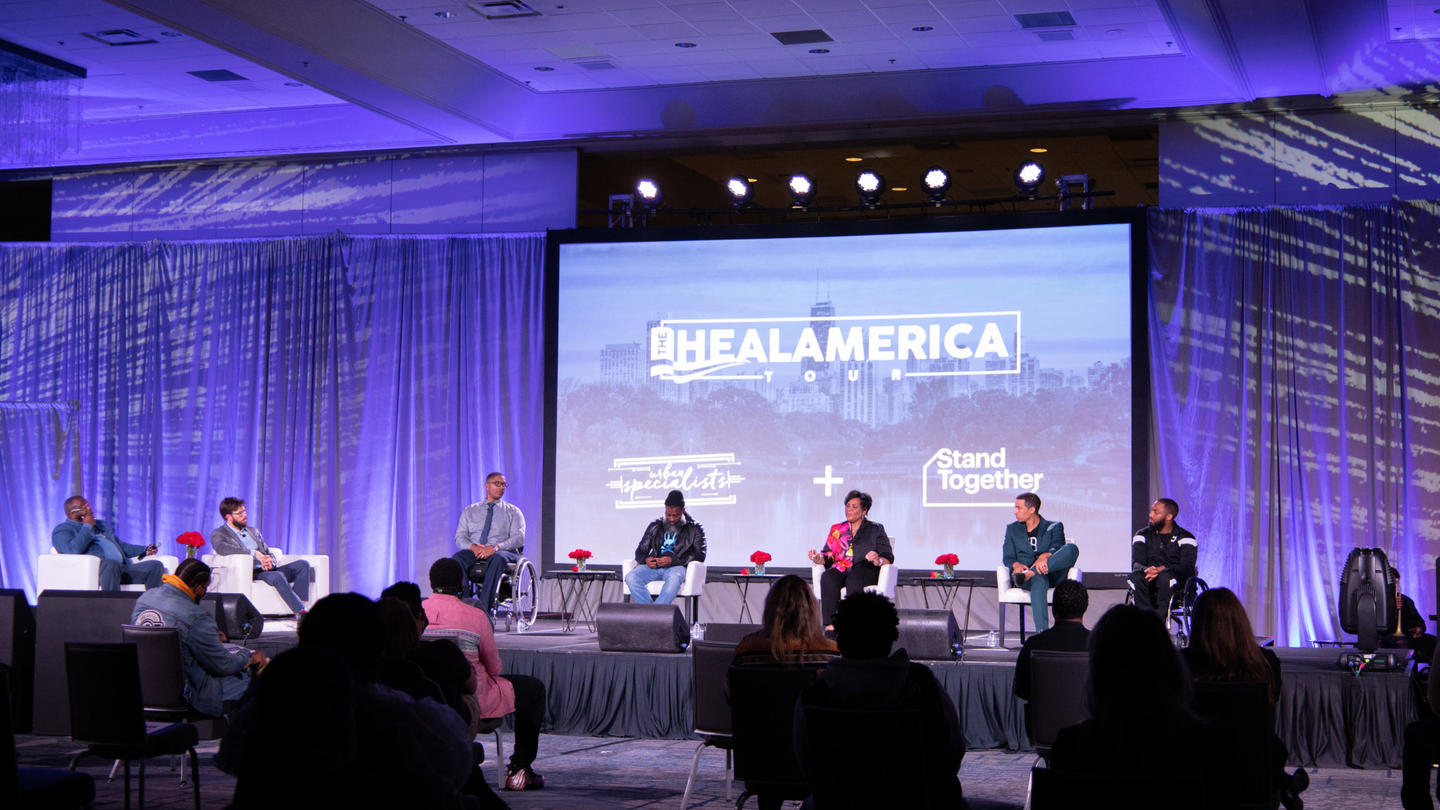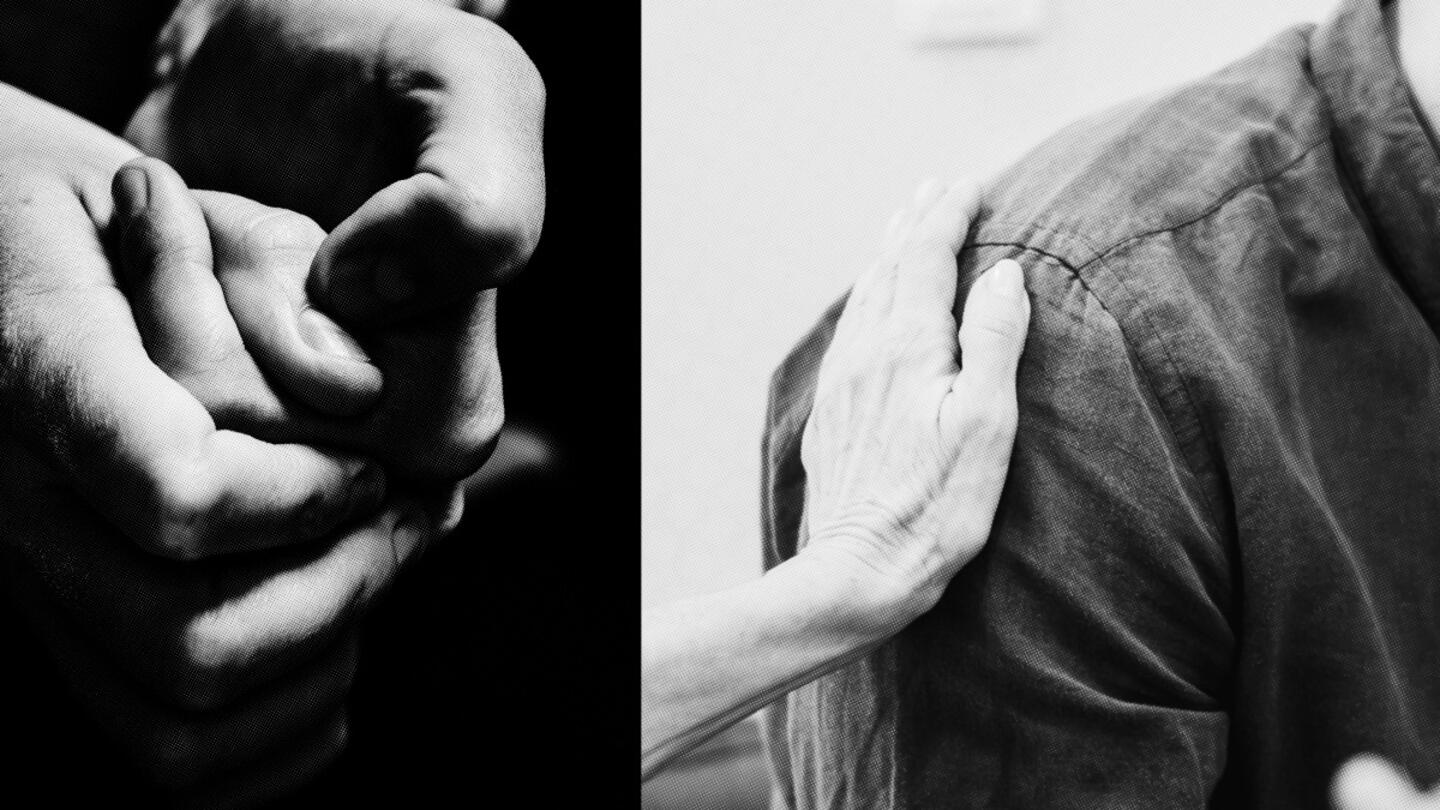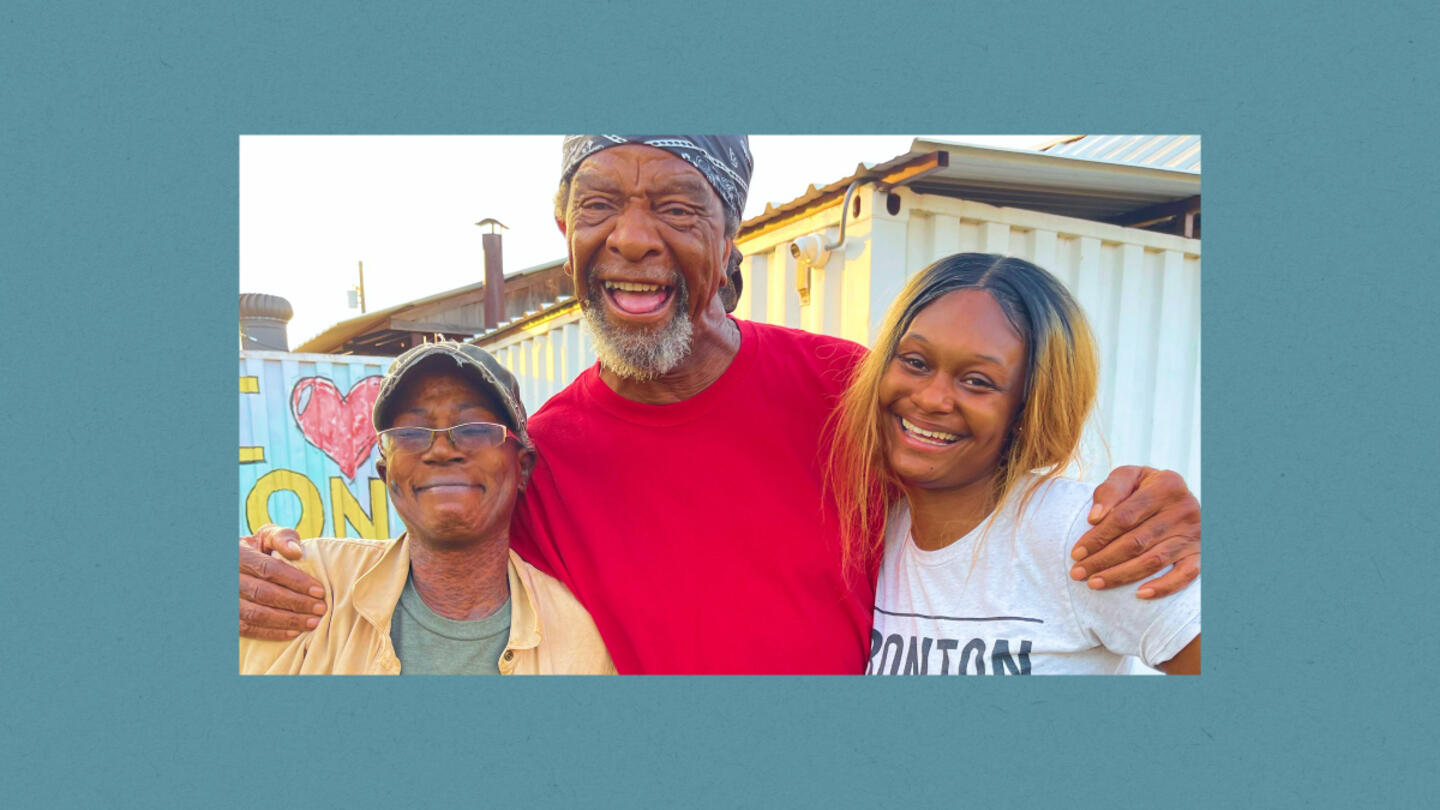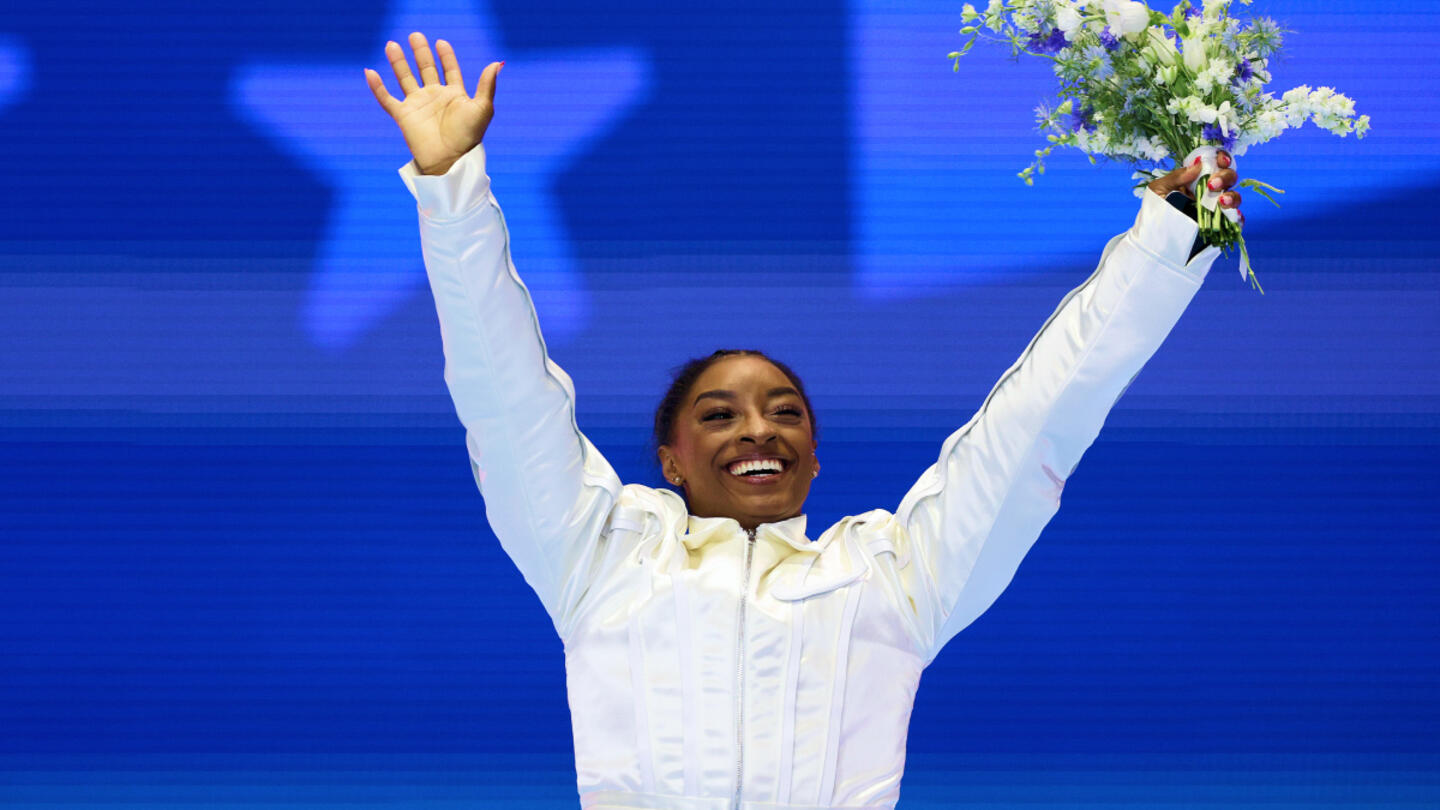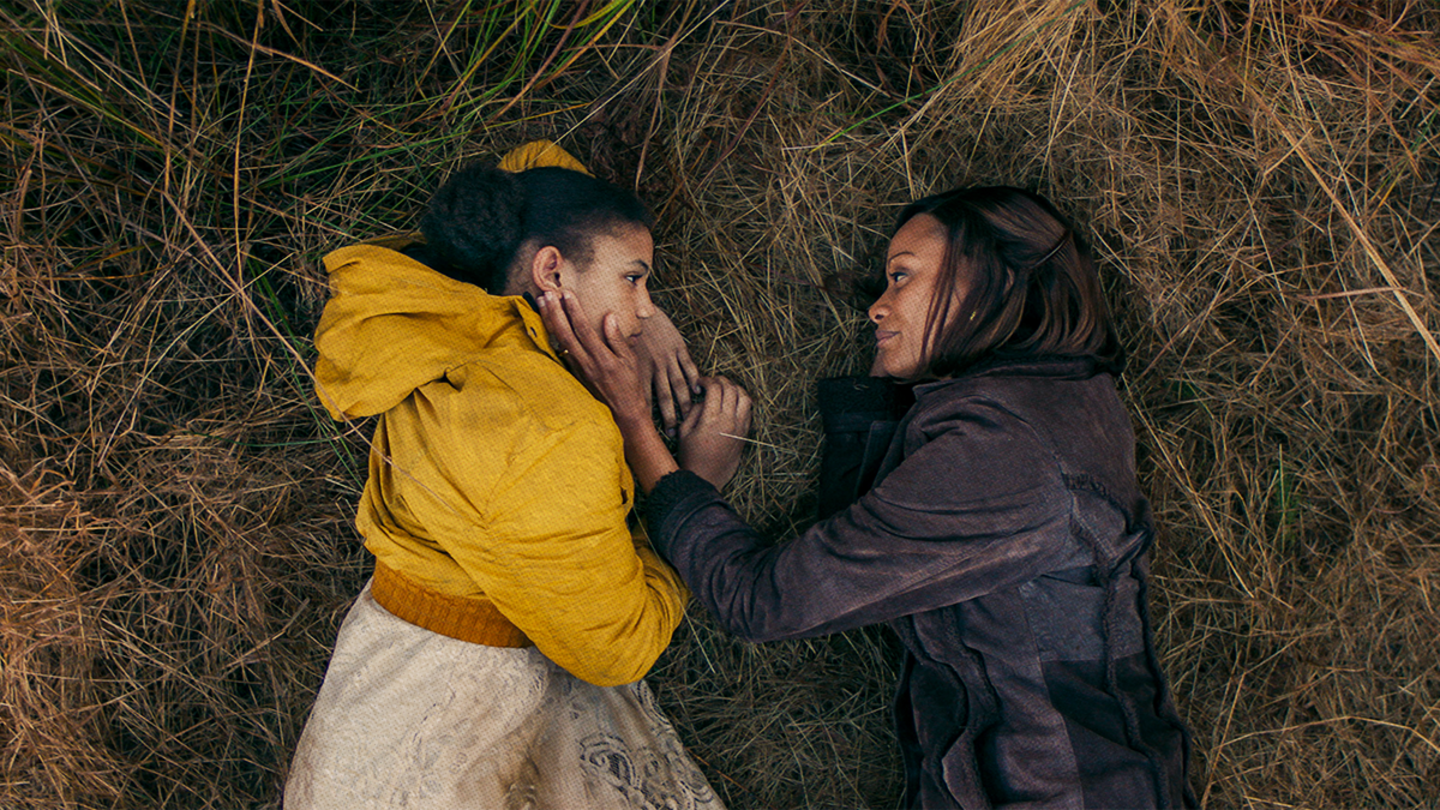"What we need are loving critics."
Our country is going through a time of trials and societal change, and it's no surprise that Americans are concerned about how we can stay united as we move forward. The Heal America tour, presented by Stand Together in partnership with Urban Specialists, explores the challenges America faces, and points the way toward building stronger communities.
Atlanta's Dr. E. Dewey Smith was one of the participants in the September 30 event in Chicago. He talked about how to achieve that unity by bridging divides and diversifying voices.
Dr. Smith said that in the current debate, there are three types of voices: "That first type of person is what I'm going to call the unloving critic. That's the person who has no love for it, so they always criticize it. … Then you have the second category that are uncritical lovers. They love it so much that they are blind to the issues and think everything is wonderful. What we need is not unloving critics or uncritical lovers. What we need are loving critics."
The Chicago event, which was the sixth stop on the national tour and also streamed live online, was hosted by Bishop Omar Jahwar, CEO of Urban Specialists, in partnership with Stand Together. Bishop Omar was joined by a diverse group of community leaders who offered their views on a challenging question: How do Americans remain upbeat and honor human connections in the face of trial and adversity?
Alice Marie Johnson, who was commuted in June of 2018 from a life sentence for a non-violent drug offense, spoke about how she uses her voice to speak on behalf of those who remain incarcerated. She encouraged people to focus on the light in the darkness.
Leon Ford, who was shot by police during a traffic stop in 2012, talked about the struggle to overcome his anger and resentment towards police after the shooting. Eventually he came to realize that he had to "create the life [he] wanted to live," and became intentional about what he read, the music he listened to, and the people around him — making sure to fill his life with positive influences.
The audience also heard from community leaders dedicated to improving the lives of all Americans, with a particular focus on improving the education system so it benefits more people. Derrell Bradford, CEO of 50CAN, talked about the origin of public-school residential assignment maps in neighborhood boundaries drawn up during the Great Depression. With many Black communities "redlined" into certain schools, those students have faced educational disadvantages for decades. As Derrell said, "If you care about building an innovative system of education where every kid reaches their highest, best potential, regardless of where they live, this is not the way to do it."
Jeff Dase, assistant superintendent of Decatur Public Schools in Illinois, and Antong Lucky, who was a leader of the Bloods gang in Dallas and is now a trainer and community peacemaker for Urban Specialists, also participated in the panel. They brought perspectives on the power of educational reform to break down segregation in American communities, and to free talented students from the fears and dangers of violence around them.
The Heal America tour is delivering a positive message about how to bring people together. The tour offers actionable policy and community paths forward in order to heal. The Heal America team, comprised of Stand Together and Urban Specialists staff, look forward to continuing to bring that inspiration to communities around the nation.
Learn more about Stand Together's issue areas.
